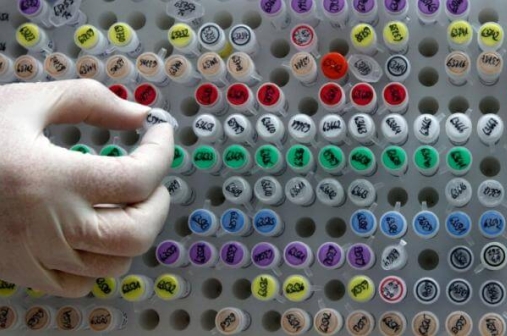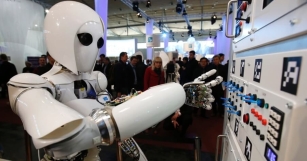
The Holy Bible is clear: God created human beings. In the United Kingdom, however, scientists have been allowed to tinker with God's highest form of creation.
The Human Fertilisation and Embryology Authority (HFEA) in the U.K. has given its go ahead to a research application from the Francis Crick Institute which plans to use new "gene editing" techniques on human embryos.
This is the first time in the nation's history that scientists have been allowed to genetically modify human embryos. This decision is seen to usher in more scientific researches seeking to alter the DNA or genetic makeup of embryos.
The British authority, however, clarified that implanting genetically altered embryos to women remains prohibited under the law.
The scientists expressed hopes that the experiments will improve human understanding of the earliest stages of embryo development.
Researches seeking to explore modifications on the human genome will have to use excess embryos donated by couples who have had in-vitro fertilization treatment.
In a statement posted on her institute's website, Dr. Kathy Niakan, a group leader at the Crick, explained that the experiments her team will perform seek to understand how human embryos develop successfully.
The research will specifically look at the first seven days of a fertilised egg's development.
Ronald Green, a Dartmouth College professor and author of "Babies by Design: The Ethics of Genetic Choice," however, warned that these researches might lead into the production of so-called "designer babies."
"I am absolutely certain this is coming. By the end of this century, I am absolutely confident that we will have the tools for someone with the means to use this information to change the child they can have through this process," Green told CNN.
Sarah Norcross, director of the Progress Educational Trust, for her part, described the British decision to allow genetic modification on human DNA as "a victory for level-headed regulation over moral panic."
"The decision allows basic scientific research into early embryo development and miscarriage to continue," Norcross told CNN.
















